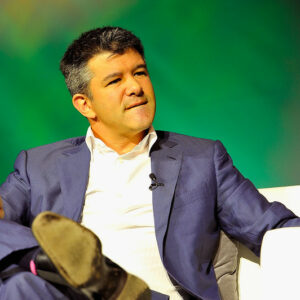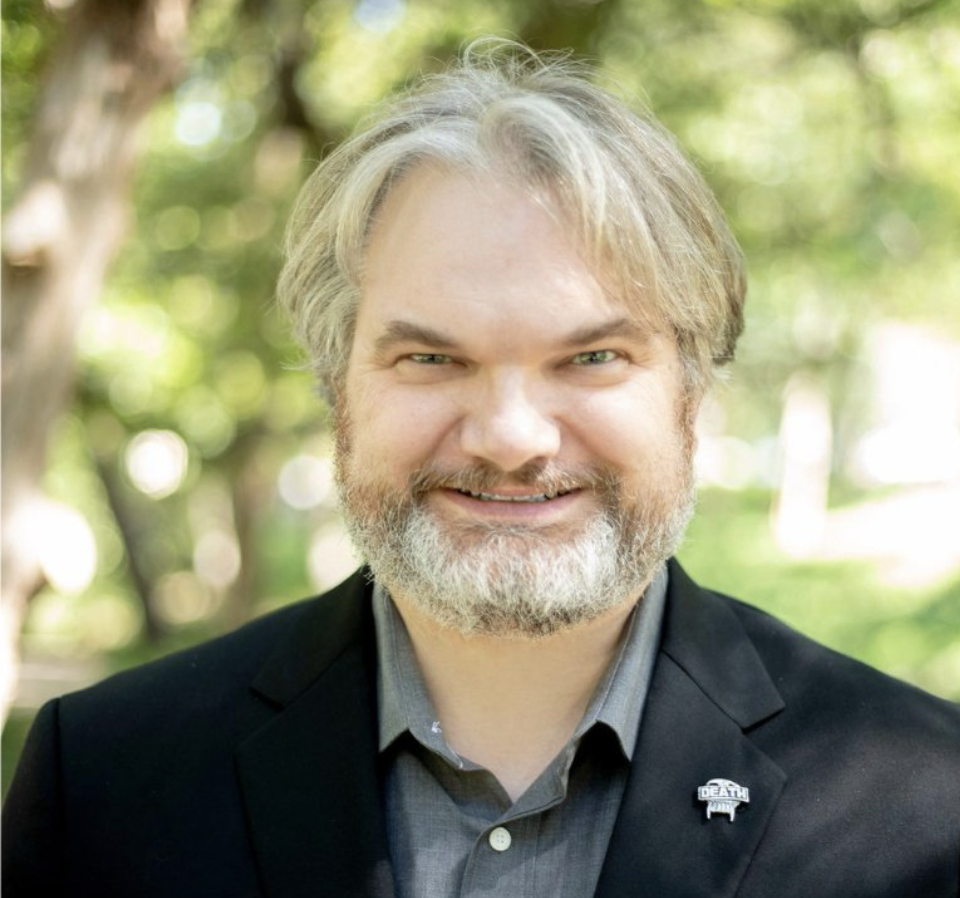When you order dinner through DoorDash, should the restaurant download your data?
When you grab a bite via Grubhub, should the sandwich shop get your details?
The proposal is being pushed in cities and states across the U.S. by a lobbyist for Travis Kalanick, the former Chief Executive Officer of Uber. They want to require third-party food delivery apps like Uber Eats to transmit customer data to the restaurants where they pick up orders.
Privacy advocates are concerned that the more data is shared, the higher the risk that it will be hacked or abused. And while delivery apps tend to be large firms with sophisticated data protections, local restaurants may not have the same technology.
That is one reason a proposed local ordinance was recently rejected in Miami-Dade County. Alfred Sanchez of the Greater Miami Chamber of Commerce said the local ordinance was “incompatible with basic principles of a free market.”
“The legislation would place the personal information of Miami-Dade County residents at risk of misuse. This requirement also goes firmly against laws placing restrictions on the collection, sharing, or disclosure of customer data.”
He also raised cybersecurity concerns, noting the proposal “imposes no requirements on recipients to safeguard this information.”
So, why are lobbyists continuing the fight despite not making any headway with politicians? That is a question for a lobbying group with connections to the co-founder and former CEO of Uber.
Enter Tusk Holdings and the Digital Restaurant Association.
On the surface, the Digital Restaurant Association seems innocuous. Established in Chicago last year, the DRA calls itself an “independent coalition of restaurants advocating for a fair and sustainable restaurant technology ecosystem.” The group boasts membership rolls, including well-known establishments such as the wings chain Hooters and the fast-casual chain Portillo’s. It is not known how many restaurants are part of the group.
Public records, including lobbying reports reviewed by InsideSources, show the DRA funded local campaigns on ordinances requiring the forced release of data.
According to its website, the DRA’s board of directors includes a former senior vice president of operations at McDonald’s, the founder of PCF Restaurant Management, and an executive vice president of Tusk Holdings.
It is the connection with Tusk Holdings that seems to go beyond a single board of directors position. DRA’s records filed with the state of Illinois reveal it shared the same address as Tusk Strategies, Tusk Holdings’ public affairs company. Everyone listed as either a current or former DRA official has also been affiliated with Tusk Strategies.
The firm’s founder and CEO, Bradley Tusk, is well-known in political circles. A former political operative, he has worked for U.S. Sen. Chuck Schumer (D-N.Y.), former New York City Mayor Michael Bloomberg, and ex-Illinois Gov. Rod Blagojevich. Tusk remains very active in Democratic politics, contributing more than $670,000 to candidates over the last decade.
It is here where Tusk’s political connections cross paths with Uber co-founder and former CEO Travis Kalanick. Tusk says he met Kalanick in 2011 on a lark, agreeing to be a consultant in exchange for company equity. That equity eventually grew to a whopping $100 million as the ride-sharing app’s value exploded.
Some of that is thanks to Tusk. He successfully fought off New York City’s attempt to regulate Uber out of town at the behest of the taxi and limousine industry. He also helped FanDuel, Bird, and Lemonade navigate rough political waters.
The success of Uber’s fight against New York City solidified and grew the Tusk-Kalanick relationship. After Kalanick exited Uber due to scandal, he became CEO of City Storage Systems (CSS) and hired Tusk Strategies as a lobbyist.
CSS is heavily involved in the food service industry with a portfolio that includes CloudKitchens and the restaurant payment platform Otter. It stands to benefit greatly from capturing customer data if legislation forces third-party delivery apps to release it. As the Financial Times has reported, getting CSS access to customer restaurant data would allow Kalanick to essentially print money through advertising.
How does that connect to the Digital Restaurant Association? For part of last year, senior CSS executive Guido Gabrielli was listed on the association’s board of directors. He was removed after the connections were first mentioned in the Financial Times.
The fact that Tusk has worked so closely with Kalanick and been his go-to in leading the charge on legislative advocacy in the past, coupled with the potentially lucrative outcome for Kalanick’s restaurant industry business ventures if these data capture bills were to be enacted, have left at least one trade group wondering if DRA is essentially a front for Kalanick.
“If you look at the Digital Restaurant Association today, it’s mostly chain restaurants who I assume are customers of Otter,” said Adam Kovacevich, CEO of Chamber of Progress to Inside Sources, who thinks the DRA would be used to help Kalanick-owned Otter. “The main thing that they’ve been pushing…would require Uber Eats, DoorDash, Grubhub to share data with restaurants. That is basically data that Otter would like to get their hands on to help their business.”
Kalanick has a history of using – or misusing – customer data for a quick buck. Uber was almost removed from Apple’s App Store in 2015 for violating the tech giant’s privacy rules and, more importantly, attempting to hide it. The New York Times reported that Kalanick directed Uber engineers to use the shady tactics.
Now, it appears Kalanick may be using similar tactics with CloudKitchens. There are reports that former sales workers lied to kitchen operators in hopes of getting them to join. Complaints have been filed with the Federal Trade Commission. CloudKitchens has also shut down kitchens, slowed down real estate buys, and started layoffs. Getting data access would boost its business.
CloudKitchens and DRA did not comment on this story. But DRA plans to pursue data capture legislation in California and again at the state level in Florida.


